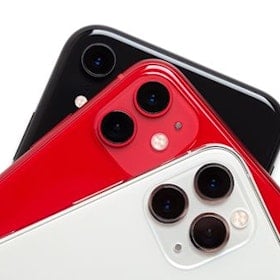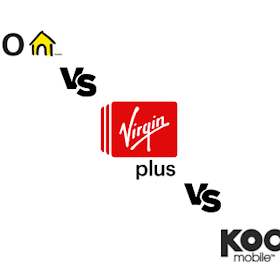
It might feel like the world’s been taken over by Apple fanboys and iPhone obsessives, but new research released this week is proving otherwise.
According to the latest study by the International Data Corporation, Apple’s superior branding and the iPhone’s household name status just wasn't enough to boost its market share during the second quarter of this year, with Google's rival operating system Android remaining the number one smartphone platform worldwide.
Smartphones running on Android have increased their market share almost 10% over the last twelve months, up to 79.3% this year from 69.1% in June 2012.
Apple, however, has gone backwards – slipping from 16.6% in 2012, to 13.3% over the same period.
Apple has definitely suffered from its lack of frequent new product releases to maintain demand. But with a new iPhone set to appear later this year, expect the company to claw back valuable percentage points over the six months.
Market share vs. profits
It’s important to emphasise that Apple’s smaller market share doesn’t mean the company is bringing in smaller profits. Android is used by many smartphone manufacturers - notably Samsung - where as Apple’s iOS system is limited to its own iPhone range.
Apple’s second-quarter operating profit for this year is $5.99 billion; it's closest competitor, Samsung, brought in $5.63 billion in the same period.
While Apple charges considerably more for its phones – an average of $710 in the US, compared to a $407 mean for other smartphone manufacturers – Samsung offers a greater range and more frequent product releases.
In addition to Android's presence in Samsung handsets, smaller tech companies ( such as Huawei, Lenovo and ZTE) have given the operating system an extra edge by using Android in their own devices.
Customers in the developing world are also preferring Android for budget to mid-range releases, with the system proving popular with users new to smartphones.
Android still has number one status in the US, with 59% of the market, but Apple still remains the most popular smartphone maker, with a 39.9% share Stateside.
Blackberry and Windows Phone
The IDC report also shows more bad news for Blackberry. The company's market share for the past quarter sits at 2.9%, a sharp drop from the 4.9% the company had in April to June of 2012.
Blackberry’s previous third-place ranking has been taken over by Microsoft's Windows Phone operating system, whose share grew to 3.7% from last year’s 3.1%.
Windows Phone’s share increase can probably be attributed to major vendor Nokia’s release of two new smartphones this year, and the popularity of the Lumia smartphone range.
Photo credit: Aidan via Flickr
Related Articles
Find Better Phones and Plans
Hundreds of cell phone plans unpacked. All the facts. No surprises.







































